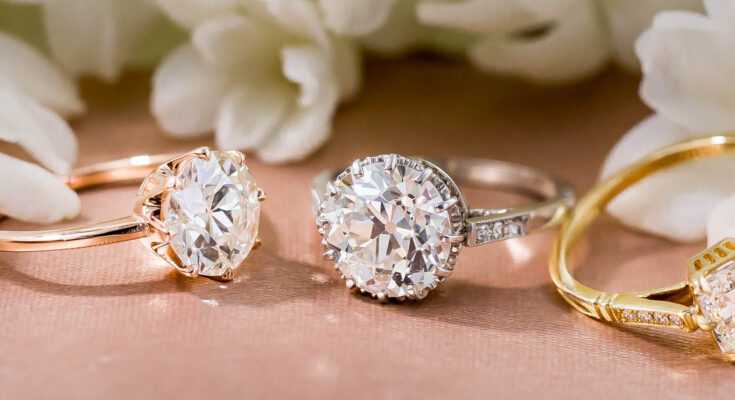Any way you cut it, selling your jewelry through a check-cashing store will fetch you less money than other possibilities. Check cashing businesses take advantage of people’s eagerness to get every last dollar out of their purchases. You’ll get a lot more money for your bling if you sell it to a reliable company like Atlantic Check Cashing Store.
Whether you’ve called off your engagement, divorced, had a financial setback, or simply want to upgrade from your current engagement ring to something newer, bigger, and more beautiful, there may come a time when you need to sell your diamond ring, and you’ll be glad to know that check-cashing stores also buy silver.
Make your way to the check-cashing shop. Check cashing establishments are generally the first place many people go when they need to sell their gold near them, thanks to flashy, highly visible signage and marketing everywhere from local publications to Google’s search results.
While a check-cashing store may be a wonderful place to look for a used TV, musical instrument, power toolset, or other products, it is not a smart idea to sell your diamond ring or other high-end jewelry there.
You won’t get anything close to the price you or your fiancé paid for your ring back because of the check cashing store business model; you’ll probably not even get its fair market worth.
We’ve gone over this in greater depth below, as well as some better alternatives to selling your diamond ring or other valuable jewelry to a check-cashing store.
The Workings of the Check Cashing Stores Business Model
Check-cashing stores, also known as check cashing establishments, have been established for thousands of years, with a business concept that stretches back to Ancient Greece.
The check-cashing business model is straightforward. You or someone else enters the check cashing store and hands over something valuable to the check cashing store. The check-cashing store subsequently gives you a loan, which is secured by the item you’ve submitted as collateral.
This is referred to as pawning the object. After you repay the loan and any interest charged by the check cashing establishment, the store returns the item you gave as collateral, and the transaction is complete.
If you don’t pay back the loan, the check cashing store will keep the item you pawned and sell it to compensate for their loss.
The majority of the time, any loan you get from a check-cashing store will be for a fraction of the value of the item you’re pawning. For example, if you pawn a $1,000 watch, the check cashing store may offer you a loan of $250 to $600.
Check cashing store loans are typically short-term, with most having a one- to the six-month repayment period.
You can even sell an item to a check-cashing store if you prefer. The check-cashing store will give you a set charge for the item you’re selling in this situation. Because the check cashing store wants to profit upon selling the item, this fee is usually a modest percentage of the item’s worth.




